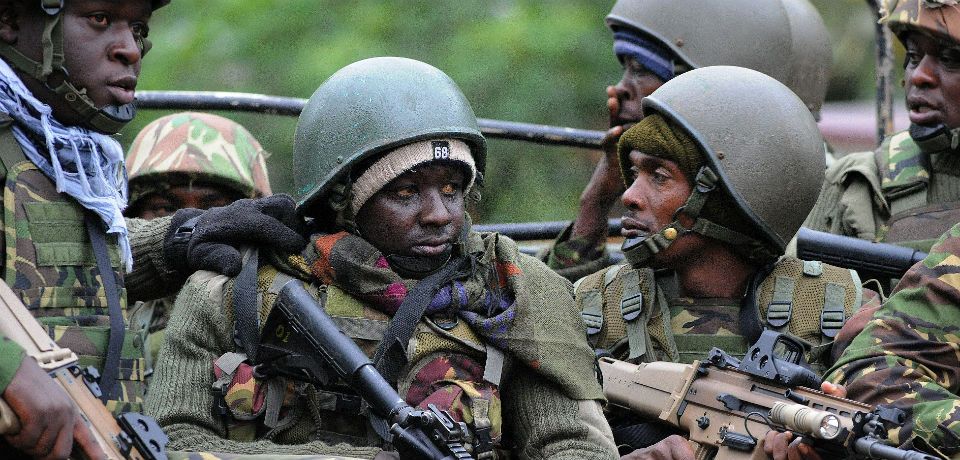Remembering the Poet Who Dreamed of a United Africa
A year ago this month, gunmen affiliated with the Somali terrorist group al-Shabab stormed the Westgate Shopping Mall in Nairobi, Kenya. The three-day standoff killed 67 people and wounded many more. The event riveted the world for days. Those who survived are still recovering.
Among the dead was the Ghanaian poet Kofi Awoonor. He’d come to Nairobi that weekend to speak at Storymoja, a Pan-African literary festival. Hundreds of Kenyans and visitors from around the world had gathered at the National Museum downtown to discuss literature, memory, politics and country, and to meet luminaries like Awoonor. The poet had led a workshop, presented a talk about his forthcoming book and taken part in a press conference.
But Awoonor was at the Westgate Mall, enjoying the company of his son, Afetsi, when the first gunshots rang out. He died. The next day of Storymoja was canceled. In Accra, Ghana, later that week, hundreds gathered at the airport for the arrival of the poet’s body. He was 78 years old.
Another Ghanaian poet, Kwame Dawes, explained to me Awoonor’s significance to Ghanaian culture and African history.
Read more: Kofi Awoonor: ‘To Feed Our People’ | C-Notes | OZY
coach factory outlet online reviews

